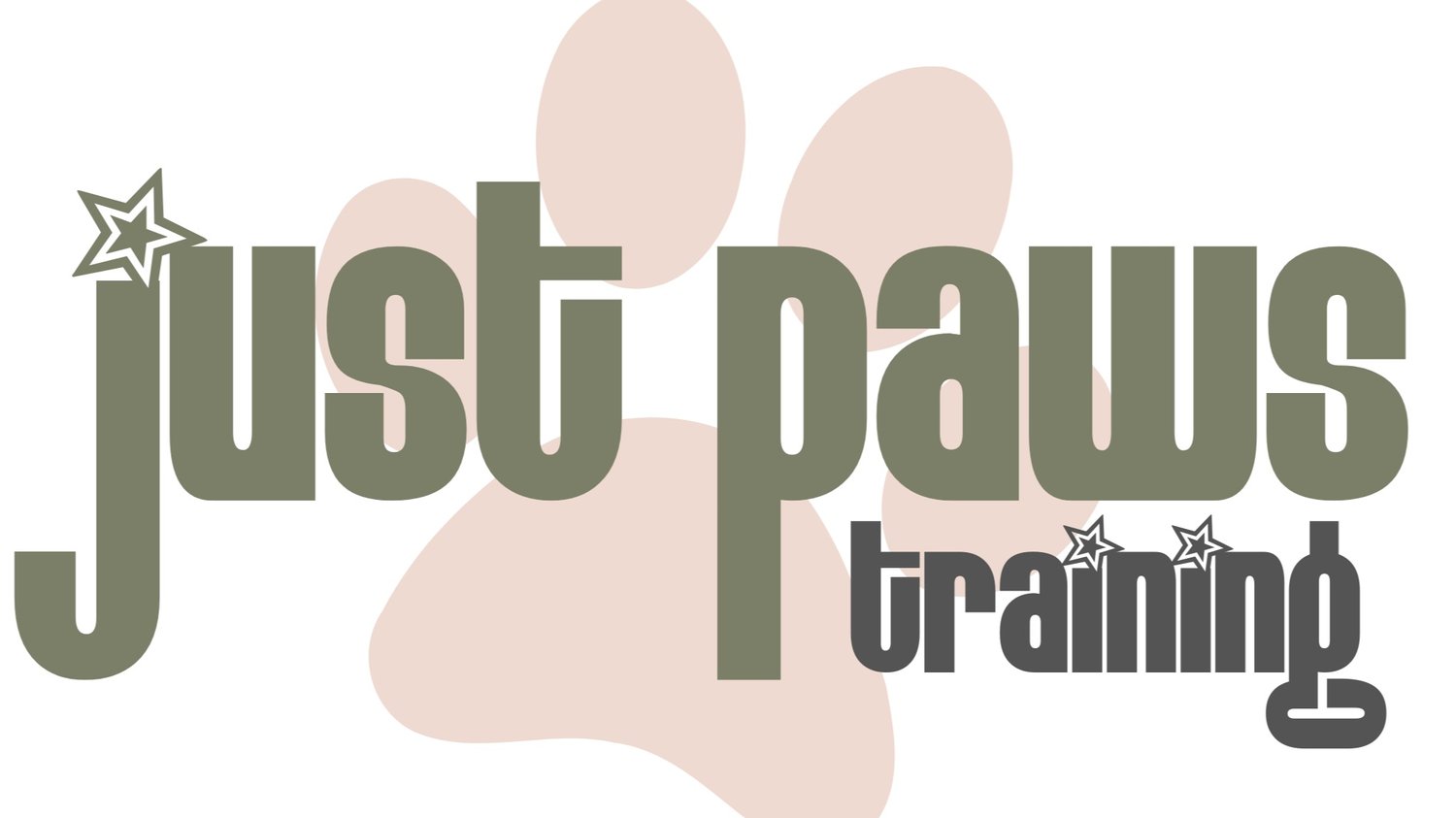FREQUENTLY ASKED QUESTIONS
What is your training method? We like to describe our training method as Positive, Practical, Persistent & Force-free approach. We begin with food lures & reinforcements, then quickly teach owners to transition toward alternative ways to reward desired behavior. Positive reinforcement is the presentation of something rewarding immediately following a behavior that we approve. This approach makes desired behavior more likely to occur in the future, and is one of the most powerful tools for shaping or changing your pup's behavior.
Do I have to use food treats in the training? Rewards are not just food treats. In fact, for some dogs, other things such as toys or play with another dog may be far more rewarding than food. The things that dogs value can not only be food, but can also be interactive play, attention, or access to a desired place. They are all important and the appropriate reward should be delivered to your pup when he or she does something right. Sometimes treats may be most important to your dog, sometimes play may be, sometimes it may be attention (eye contact, petting, praise), and sometimes the opportunity to get somewhere (like fetching up a ball) will be the top on your dog's list.
But here is why we use food often in training: For many dogs, the fastest way to their brain is through their stomach, so food treats are often an effective way to reward behaviors as they are being taught. Also, the use of very small, high value food treats means that rewards can be delivered quickly and repetitiously. However, food should never be the ONLY reward used. Once a dog has learned a behavior, food should fade as the primary reward as other rewards begin to be substituted.
How much time each day should I spend training my pup? Eight to Ten 2 minute training ‘sessionettes’ a day would be ideal. It may sound like a lot, but two minutes here and two minutes there can make the difference in your training efforts. Spread the lessons out during the whole day and evening. Most puppies have very short attention spans and that is why training sessions have to be short and frequent. Can you imagine sitting a preschooler at a desk and giving him/her an hour-long exam? WHOA... overload!
I have a new puppy, when is the proper time to start his/her training? It's never to early to begin the training, we subscribe to the American Veterinary Society of Animal Behavior's Position Statement
http://avsabonline.org/uploads/position_statements/puppy_socialization.pdf
